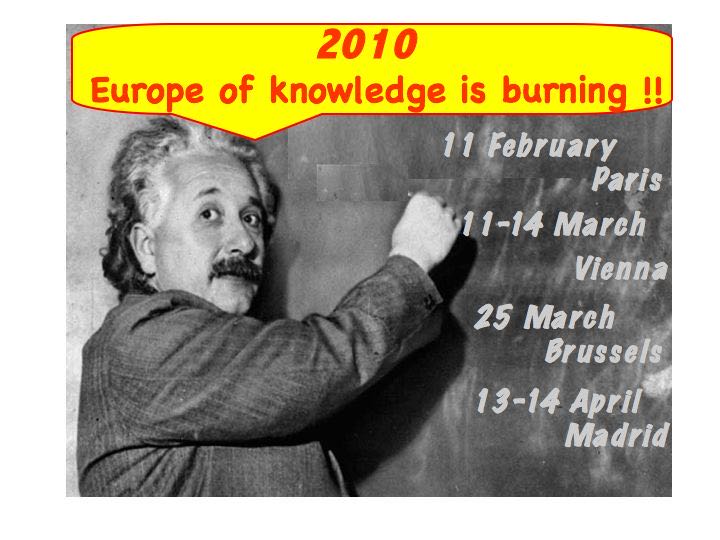By now, some readers may be wondering: Doesn’t it miss the point to write about philosophers without writing about their philosophies? Some philosophers would even say: Who cares how philosophers live, when the point is what do they think? And even: Why is this such a painfully empirical book, so historical, so experiential, so nonconceptual?
Here, then, is a chapter about thinking. And I might recall that I went to France to see the material circumstances in which thought was produced, since thought is inseparable from its historical circumstances. I might echo my own French interlocutors: “In every institution, there’s a bit of thought: there’s always some thought, even in wordless attitudes.” I’ve tried to overcome the idealist distinction between thought and world; in my writing, I have mixed people’s thoughts and reflections into my account of social reality. These are not such separate spheres. They are permeable. They co-constitute.
And yet I would be remiss to finish the book without a more careful look at philosophers’ research and writing. In this chapter I examine one of the philosophers’ key concepts, thought, and look at some of the social circumstances where philosophers were thinking. Before we come to the ethnographic details, though, let us recall the political context.
In the years I was writing, there was a dominant discourse in Europe about knowledge as an increasingly central force in capitalist production. The “knowledge society” was a political discourse that went along with national investments in technology and life sciences, with mass access to higher education, with constant pressures for credentials and certifications in the work world, with the growth of “human capital” as a neoliberal theory of the workforce. Even beyond Europe, the period since 1945 had seen a more globalized expansion of technoscience and of the university (Schofer and Meyer 2005). In European politics, there were struggles over whether the knowledge society was going to denote a basically economistic or scientistic project, or whether, conversely, it would also pay attention to culture and the humanities. For the most part, the economistic approach won out: consider a communiqué from the European Commission entitled “For a Europe of Knowledge.”
Economic competitiveness, employment and the personal fulfillment of the citizens of Europe is no longer based mainly on the production of physical goods, nor will it be in the future. Real wealth creation will henceforth be linked to the production and dissemination of knowledge and will depend first and foremost on our efforts in the fields of research, education and training and on our capacity to promote innovation.
[European Commission 1997]
The “Europe of Knowledge” discourse was closely linked to a set of neoliberalizing reforms of European research and higher education. These, in turn, attracted substantial protests from students and academic staff, which I have explored elsewhere in more detail (Rose 2014). The protests tended to arise from parts of the academic world that were excluded by the technoscientific and pro-business focus of the reforms. What place is there for philosophy in an economistic moment?

Having read these kinds of discourses, I was surprised when I got to Saint-Denis. Philosophers certainly respected each other’s knowledge and expertise, but in their local disciplinary culture, there was something they valued more highly than “knowledge” (savoir or connaissances). That something was “thought” (la pensée), in keeping with a philosophical tradition stretching back to Descartes’ I think therefore I am.
Thought may have provided indubitable truths to Descartes, but it did not provide anything self-evident to me. I found myself wondering: What is thought to a philosopher? I initially suspected that “thought” was of a piece with categories like “the author” and “the work” (l’oeuvre), the conceptual artifacts of an obsolete, individualist humanism that has long been criticized in the post-war period (Foucault 1977). But in fact, the recourse at Paris 8 to a fundamental category of Cartesian intellectual work was more than the return of a repressed orthodoxy. Certainly, “thought” in France continued to name a philosophical tradition, a disciplinary distinction. As if the other disciplines were sites of mere knowledge, while philosophy was distinguished by its thinking. But when thought was invoked in the heterodox context of Paris 8, it also named the scene of an intellectual struggle over the definition of philosophical inquiry.